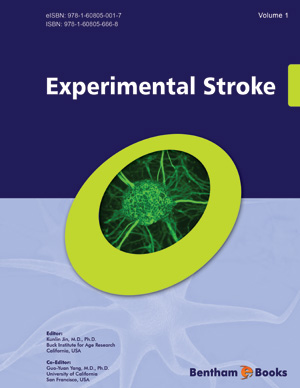Abstract
Aging is associated with a striking increase in the incidence of stroke and neurodegenerative diseases, both of which are major causes of disability among those aged 70 years and older in the United States. Despite progress in understanding the molecular mechanisms of neuronal cell death in these diseases, widely effective treatments remain elusive. Adult endogenous neural stem cells hold great promise for brain repair because of their unique location within the central nervous system, their potential to proliferate and to differentiate into all major neural lineages, and their ability to incorporate functionally into existing neuronal circuitry after stroke. Nevertheless, the ability to exploit these cells for therapeutic purposes is hampered by the lack of knowledge about the biological behaviors of neural stem cells in the adult brain, and the cellular and molecular signals that control the generation of a functional neuron from adult neural stem cells after stroke, particularly in the aged brain. Therefore, it is essential to better understand the biological behaviors of neural stem cells and how neural stem cells are regulated after stroke in the aged brain, since stroke affects mainly the aged population. In this regard, brain aging and neurogenesis after focal cerebral ischemia are reviewed in this chapter.






















